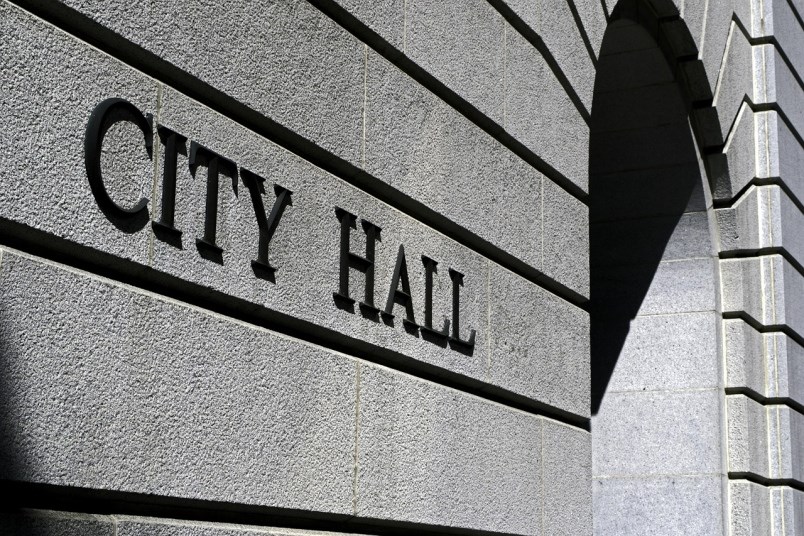The coming year could be a trying one for Saskatchewan's small governments.
Many entered the COVID-19 crisis without the tax bases or resources that helped larger governments weather the storm. Ongoing challenges related to poor internet connection in rural Saskatchewan made it particularly difficult for some small governments to move services online when in-person gatherings were banned or recommended against.
As 2020 drew to a close, Gordon Barnhart, president of Municipalities of Saskatchewan (MoS), and Ray Orb, president of the Saskatchewan Association of Rural Municipalities (SARM), spoke about the past year and about what they expect for 2021.
Small councils increasingly eye digital governance
When Saskatchewan announced its first case of COVID-19 in March and encouraged businesses that could operate remotely to do so, many small municipalities didn't have websites, Orb says.
Some municipalities understood the need to be transparent and accountable and pushed forward with website development.
In November 2019, roughly 55 per cent of 775 local governments had a website. Orb says that number has grown in the last 12 months.
And while web traffic has typically been relatively low on many municipality websites, Orb thinks COVID-19 is changing that; he says more residents are checking out their communities' websites and reading online meeting minutes to stay informed.
Barnhart says monthly newsletters and social media updates have also played roles in keeping residents in the loop during the pandemic, including in municipalities that don't have websites.
Some large municipalities such as Saskatoon and Regina have been able to host council meetings over video conference since the spring, but that wasn't an option for some local governments with poor internet.
"I live in a small town and I have high-speed internet, but it's still sometimes not reliable," Orb says. "One of the biggest challenges is holding meetings online with poor connectivity."
Some municipalities have been forced to hold meetings in large spaces like community halls or workshops in order for councillors to meet while maintaining a safe distance from each other.
SARM has said it plans to continue lobbying the provincial and federal governments about the need to improve rural internet coverage.
MEEP funding helping municipalities survive
The rollout of the Municipal Economic Enhancement Program (MEEP) in May was a boost for municipalities struggling to cope with the economic repercussions of the pandemic, Barnhart says.
The province doled out $150 million to municipalities to spend on local projects, in an attempt to spur their local economies.
"If you want to get the economy restarted, put money into the municipalities. They're going to spend it," Barnhart says.
He and Orb welcome the funding as a step toward recovery for local governments.
Barnhart says economic stimulus is needed because governments continue to incur high costs with less revenue to ease the burden. Expenses associated with civic facilities such as swimming pools persisted throughout the spring, but the revenue they generated dried up.
MoS and SARM have long encouraged members to share things like office space and services. Barnhart and Orb say this has continued through the pandemic.
Barnhart says sharing costs and ideas can be mutually beneficial. For example, he notes that the Resort Village of Sunset Cove, which is about 60 kilometres north of Regina, partnered with three other municipalities to negotiate with a rural municipality.
Sunset Cove councillor Tom Fulcher says the group is also considering sharing a full-time administrator for the four communities, in addition to partnering on work like shared road maintenance services.
Training a key focus for 2021
Come the new year, Barnhart says he hopes to help municipalities tackle projects like infrastructure renewal as well as continue hosting webinars to teach ratepayers about local government.
MoS went through a rebrand in February (it was formerly the Saskatchewan Urban Municipalities Association) to broaden the association's appeal to its membership. Barnhart says the new name "hasn't totally been accepted 100 per cent," but it's more reflective of northern and resort villages included in the organization.
Orb says SARM has also built online learning modules after ratepayers raised questions and concerns about governance issues.
He hopes these will continue to be helpful for new and experienced council members learning more about their roles.
"It's kind of like a reset."



